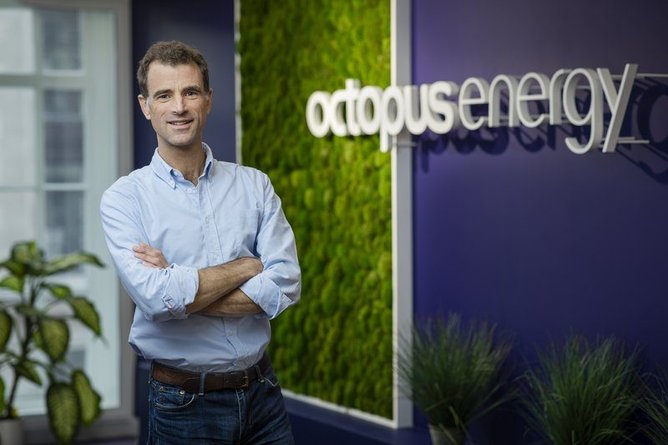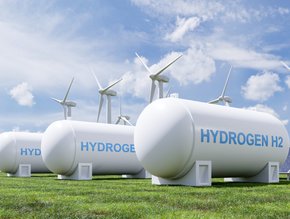How has Octopus Become the UK’s Biggest Energy Provider?

A well-loved disruptor in the energy supply space has surpassed energy veteran British Gas to become the UK’s largest energy supplier.
Octopus Energy was founded in 2015 by Greg Jackson and Stuart Jackson — Cambridge economics graduates — and has grown exponentially from humble beginnings to a giant dominating the global energy sector.

Less than three years after its founding, the company had almost 200,000 customers and had made an energy procurement deal with Shell, to give an idea of its rapid growth journey.
This growth has seen the brand boom worldwide, with it now being active in 18 countries with responsibility for around eight million households. On top of this, it is also one of the largest specialist investors in renewables in Europe, managing a portfolio worth £7bn (US$8.7bn).
Octopus Energy: A rapid growth story
Operating with green energy at its core, Octopus has gained more than 1.9 million net customers since Q1 of 2023, reaching a market share of 22% with 6.8 million households served by the company. More than 800,000 customers choose to switch to Octopus from other suppliers, around one new customer every minute.
“We’ve invested relentlessly in outstanding people and technology to deliver better customer service and lower costs,” said Greg.

“I hope that we can inspire both entrepreneurs and existing companies that by investing for the long-term, and truly focusing on customers, they can deliver success for themselves and for those they serve.”
Main drivers of this growth are its 100% renewable electricity, smart tariffs such as Agile driven by AI and fair prices, as well as its customer service.
Its recognition is far and wide. TIME Magazine has named it one of the world’s ‘100 Most Influential Companies’, with the UK government also profiling it as a poster child in its ‘GREAT’ campaign, which works to attract foreign investment into the UK.
How is Octopus Energy a sustainability pioneer?
With Octopus Energy customers’ homes having a carbon footprint of zero — compared to the average British home output of 574kg of CO₂ per year — the emissions savings are equivalent of planting 287 trees.
It was founded to drive the mission to power the planet with cheap, clean energy — and as quickly as possible. The latest stats show that it operates £6bn (US$7.5bn) worth of renewable generation, enough to power four million homes, with it buying from 700 green energy producers in the UK alone, a figure set to rise.
“Octopus is a living example of the kind of company that generation was founded to invest in,” said Al Gore, former US Vice President and Founding Partner and Chairman of Generation Investment Management. “It is a company that is a true enabler of a sustainable system led by a mission driven team.”
Its sustainability prowess doesn’t stop there, as it pays more than 100,000 British households for their home solar power, which generates more than 1.2bnkWh of electricity, enough to power almost half a million homes for a year.
In a step beyond, Octopus offsets more than a million tonnes of CO₂, equivalent to cancelling more than 1,000 flights from London across the Atlantic to New York.
*******************
Make sure you check out the latest edition of Energy Digital Magazine and also sign up to our global conference series - Sustainability LIVE 2024.
*******************
Energy Digital is a BizClik brand.






